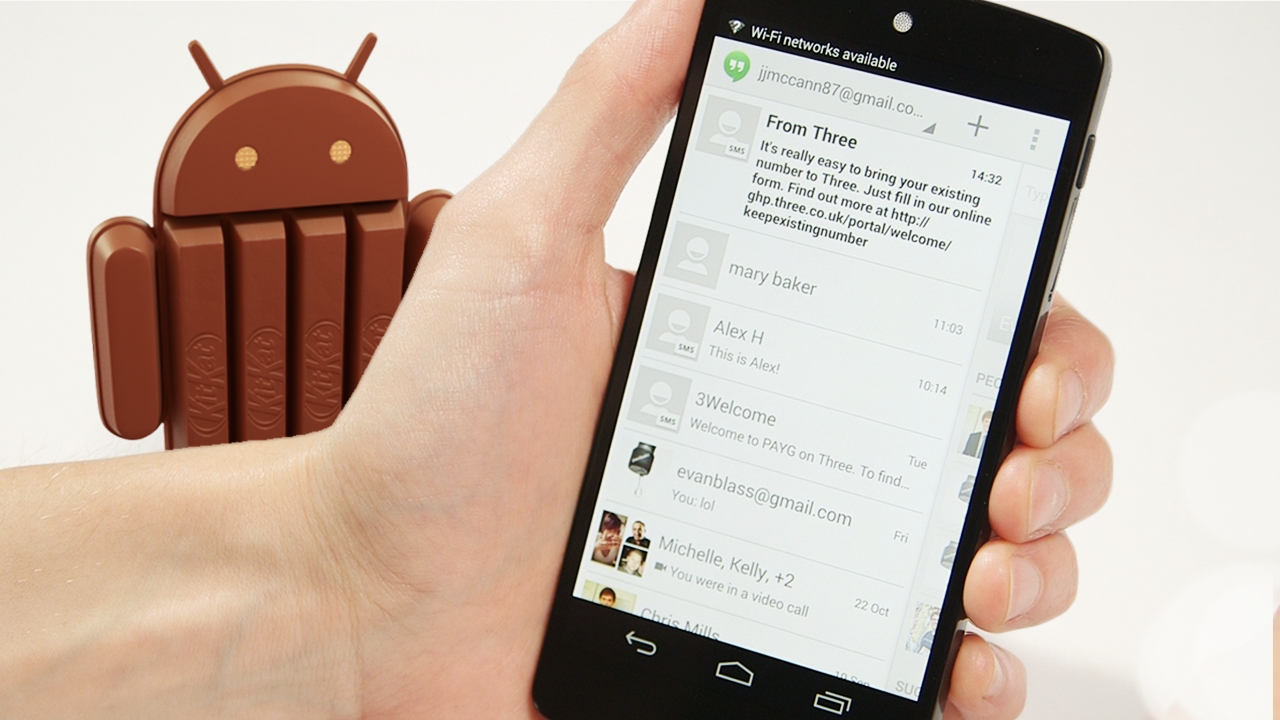Apple's courtroom battle shows Android wasn't intended for touchscreens
More like Windows Mobile than iOS

Confidential documents used in Apple's latest courtroom battle have backed up stories that Android was not envisioned as a touchscreen OS until the iPhone was launched.
Documents being used in the Apple v Samsung courtroom clash of 2014 have revealed that Google's mobile OS was, as previously mentioned, heavily leaning towards a Windows Mobile-esque keypad input rather than the swizzy touchscreens that it ended up with.
The 2006 document, which refers to Android as "the Product", says, "Touch screens will not be supported. The product was designed with the presence of discrete physical buttons as an assumption. However, there is nothing fundamental in the Product's architecture that prevents the support of touchscreens in the future."
As such, the 2006 version (0.91) required a host of keys - a minimum of "Numeric, Star, Pound, Send, End, Home Back, 2 Soft Keys, 5-way navigation (up down left right select)."
The basic design was that of Google's original 'Sooner' device, which was in essence a cross between Symbian and BlackBerry with a swirl of Windows Phone thrown into the mix.
Change of plan
The first iPhone was introduced in 2007 and it's claimed that it sent Google and the Android team back to the drawing board and a new document was drawn up (0.99.3) in November 2007.
This one had a whole section dedicated to the touchscreen, which backed multitouch and dismissed the stylus.
Sign up for breaking news, reviews, opinion, top tech deals, and more.
The first Android phone, the HTC Dream / T-Mobile G1, was released with a touchscreen (albeit also with a slide-out keyboard) in 2008 and the rest, as they say, is patent-warfare history.
Former UK News Editor for TechRadar, it was a perpetual challenge among the TechRadar staff to send Kate (Twitter, Google+) a link to something interesting on the internet that she hasn't already seen. As TechRadar's News Editor (UK), she was constantly on the hunt for top news and intriguing stories to feed your gadget lust. Kate now enjoys life as a renowned music critic – her words can be found in the i Paper, Guardian, GQ, Metro, Evening Standard and Time Out, and she's also the author of 'Amy Winehouse', a biography of the soul star.